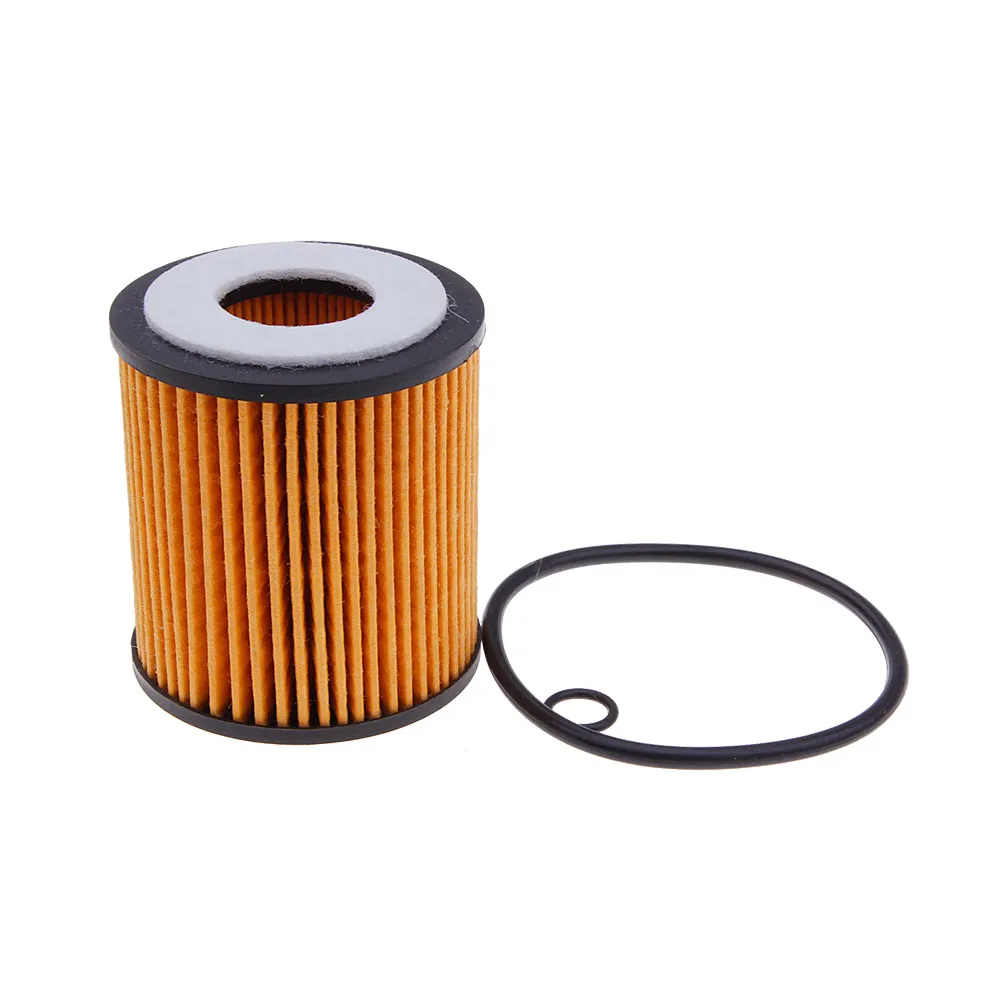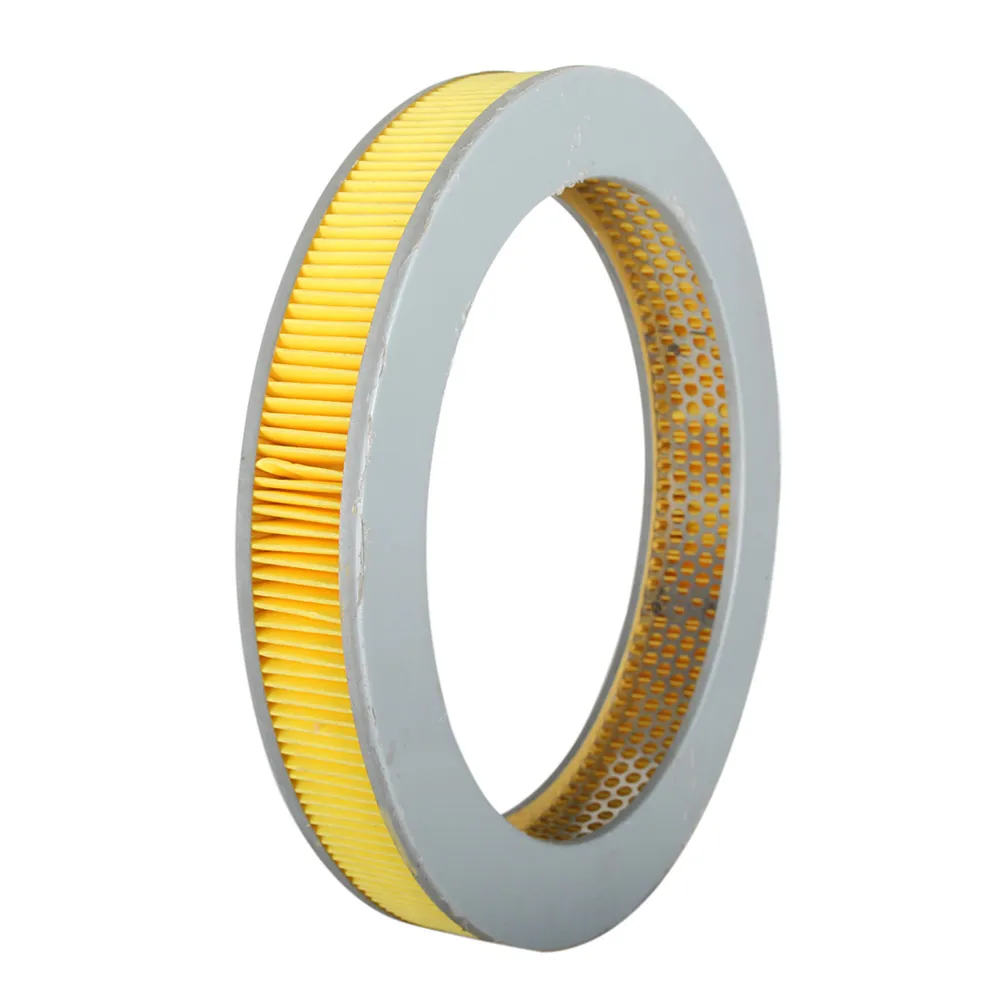
- Understanding Cabin Air Filter Functionality
- Technical Advantages of Modern Filters
- Manufacturer Comparisons
- Custom Solutions for Specific Needs
- Real-World Application Scenarios
- Cost-Benefit Analysis
- Final Recommendations: When to Replace Cabin Air Filters

(when to replace cabin air filter in car)
Understanding Cabin Air Filter Functionality
Cabin air filters act as primary defenses against airborne pollutants entering vehicle interiors. Designed to capture particles as small as 0.3 microns, these filters protect occupants from 98% of pollen, dust, and exhaust fumes. A clogged filter reduces airflow by 40-50%, forcing HVAC systems to work harder and increasing energy consumption by 15%.
Technical Advantages of Modern Filters
Advanced filters now incorporate activated carbon layers that neutralize odors and harmful gases. Key innovations include:
- Multi-layer filtration (particulate + molecular stages)
- Antimicrobial treatments preventing mold growth
- Electrostatic charge technology enhancing particle capture
Premium models demonstrate 99.7% filtration efficiency compared to basic filters' 85-90% performance in independent lab tests.
Manufacturer Comparisons
| Brand | Filtration Efficiency | Average Lifespan | Price Range |
|---|---|---|---|
| Hengst | 98.9% | 18-24 months | $28-$45 |
| Mann-Filter | 97.5% | 15-20 months | $22-$38 |
| Bosch | 96.8% | 12-18 months | $19-$32 |
| FRAM | 94.2% | 10-15 months | $15-$25 |
Custom Solutions for Specific Needs
Optimal replacement intervals vary based on three factors:
- Climate: Desert regions (6-12 months) vs. temperate zones (12-18 months)
- Usage: Urban stop-and-go traffic accelerates clogging 30% faster than highway driving
- Vehicle Type: Luxury models with advanced climate systems require more frequent changes
Real-World Application Scenarios
A 2023 study tracked 500 vehicles across North America:
- 52% showed significant airflow reduction after 15 months
- 31% developed musty odors due to microbial growth
- 17% experienced increased cabin dust levels
Cost-Benefit Analysis
Delaying replacement past 24 months leads to:
- 23% higher HVAC repair probability
- $120 average blower motor replacement cost
- 15% faster cabin air quality degradation
Final Recommendations: When to Replace Cabin Air Filters
For optimal performance, replace filters every 12-18 months or 15,000-20,000 miles. Heavy-use vehicles in polluted areas should follow 6-month intervals. Always inspect filters during oil changes – visible debris accumulation exceeding 50% surface coverage warrants immediate replacement.

(when to replace cabin air filter in car)
FAQS on when to replace cabin air filter in car
Q: How often should I replace the cabin air filter in my car?
A: Most manufacturers recommend replacing the cabin air filter every 15,000 to 30,000 miles or every 1-2 years. Check your vehicle’s owner’s manual for specific guidelines. Driving in dusty or polluted areas may require more frequent replacements.
Q: When to replace cabin air filter in car based on symptoms?
A: Replace it if you notice reduced airflow, unusual odors, or increased allergy symptoms while using the AC/heater. Visible debris or mold on the filter also indicates replacement. Ignoring these signs can affect air quality and system efficiency.
Q: How often should you replace a car cabin air filter for optimal performance?
A: For optimal performance, replace the filter every 12,000 to 15,000 miles under normal driving conditions. Severe conditions (e.g., heavy traffic, construction zones) may require every 10,000 miles. Regular replacement ensures clean air and prevents strain on the HVAC system.
Q: Can I replace my car’s cabin air filter myself?
A: Yes, many cabin air filters are accessible behind the glovebox or under the dashboard, allowing DIY replacement. Refer to your owner’s manual for location and instructions. If unsure, a mechanic can assist for minimal cost.
Q: Does a dirty cabin air filter affect fuel efficiency?
A: No, a dirty cabin air filter doesn’t directly impact fuel efficiency but can strain the HVAC system, reducing airflow and comfort. However, a clogged engine air filter can affect fuel economy. Always replace both filters as recommended.
-
Vehicle Performance with Premium Car Filter SolutionsNewsJul.02,2025
-
Upgrade Engine Performance with Timely Air Filter MaintenanceNewsJul.02,2025
-
Optimize Vehicle Health with Timely Air Filter ReplacementNewsJul.02,2025
-
Every Drive with Next-Level Car Filtration SystemsNewsJul.02,2025
-
Driving Comfort with Advanced Air Filtration SystemsNewsJul.02,2025
-
Cleaner with Next-Generation Automotive Air FiltrationNewsJul.02,2025
-
The Importance of Cabin Filter and Engine Filter: The Role and Maintenance of Cabin Filter and Engine FilterNewsJun.25,2025
Related Products




